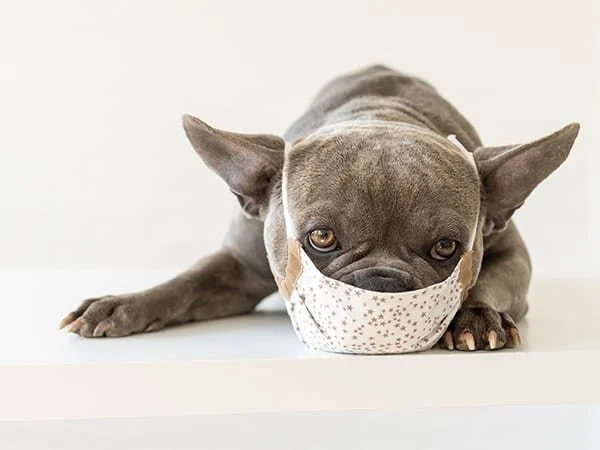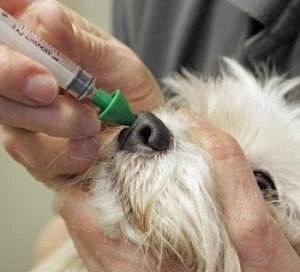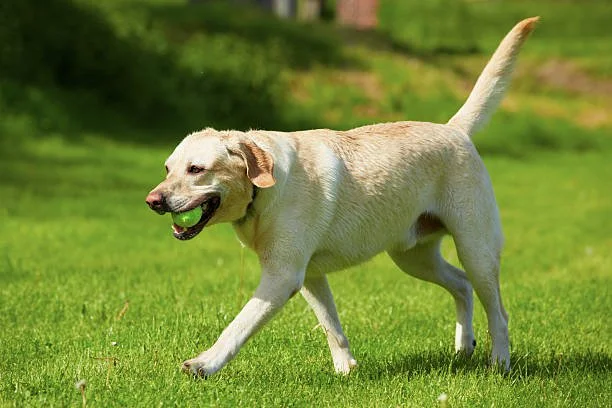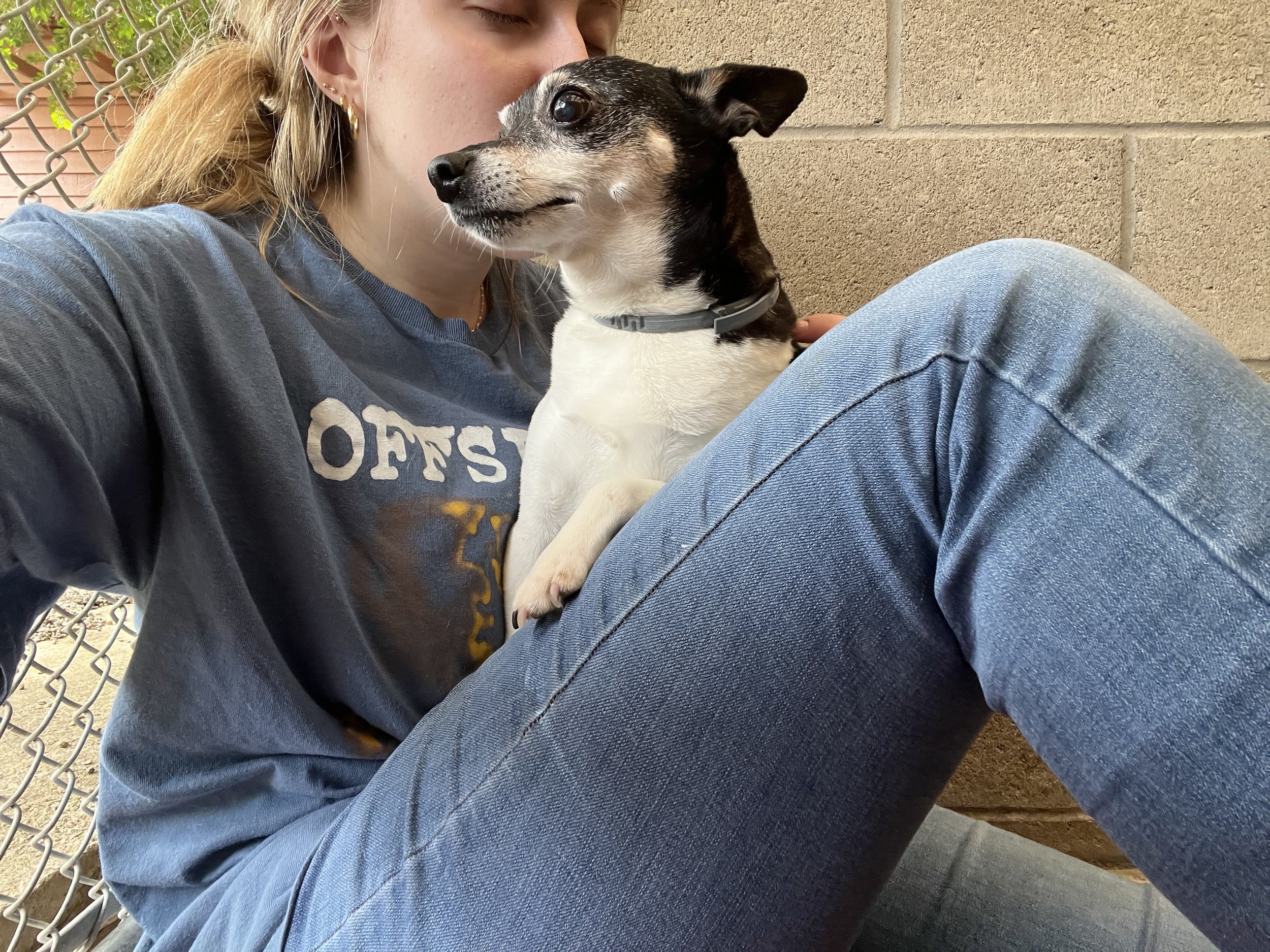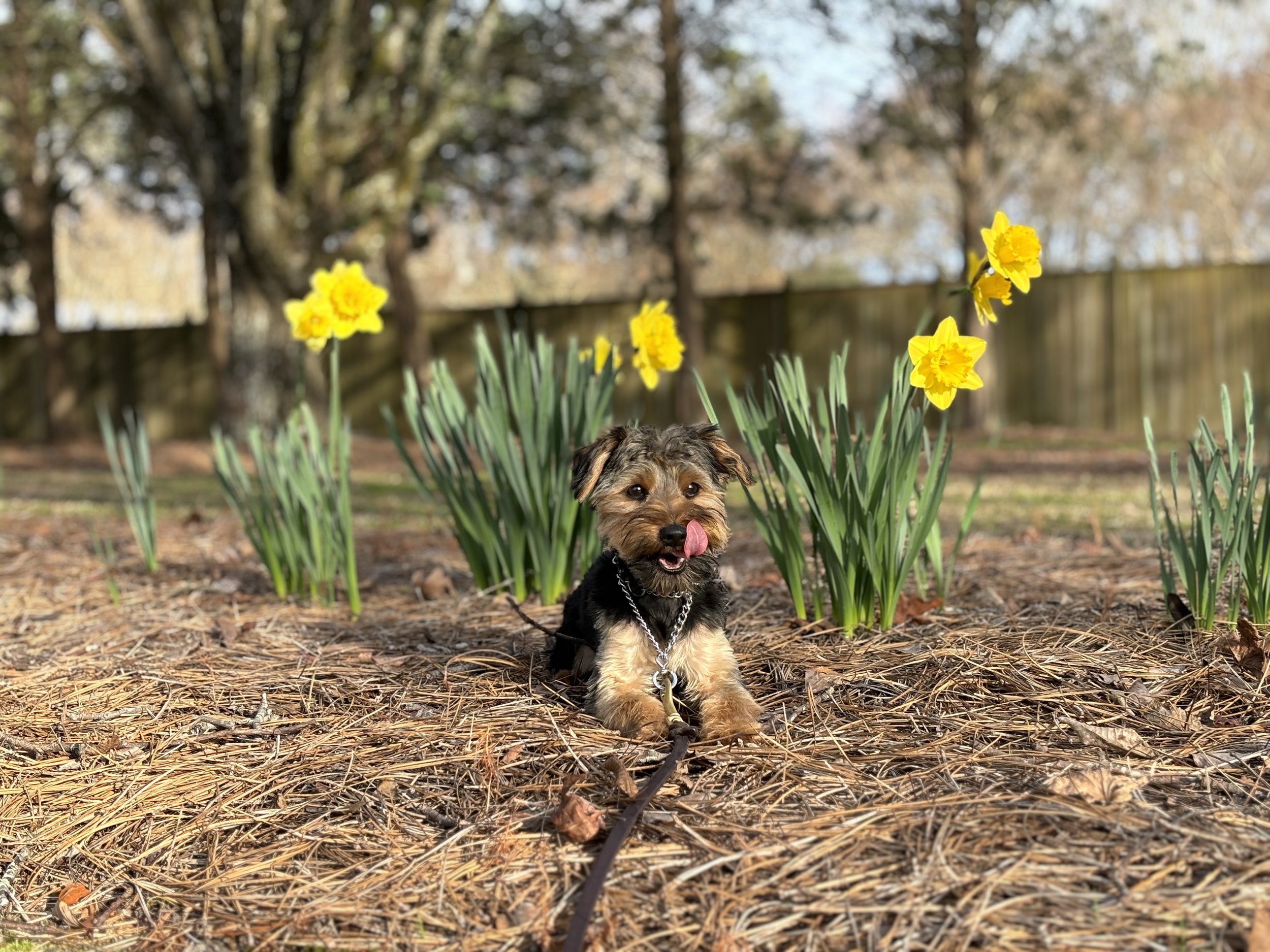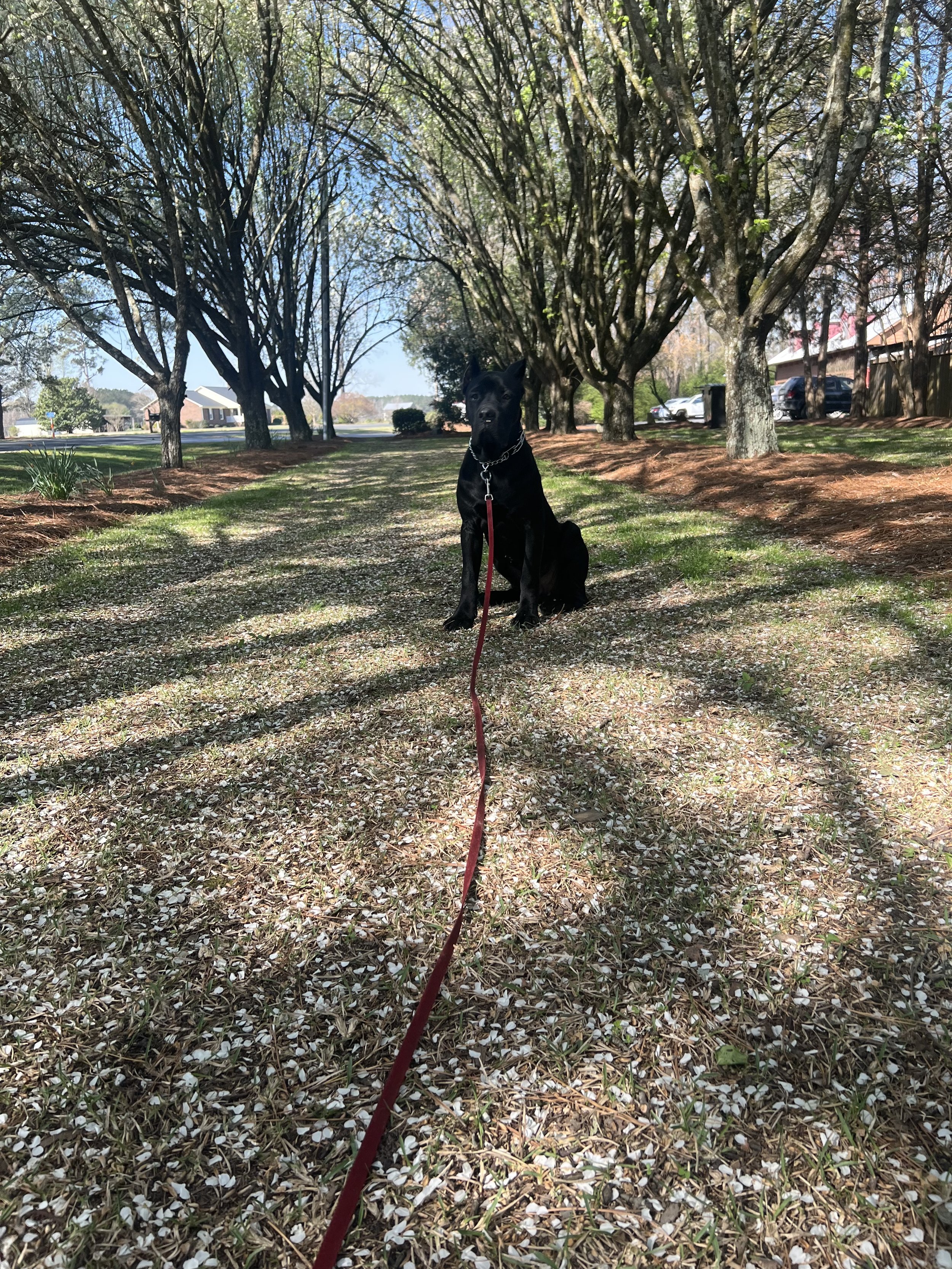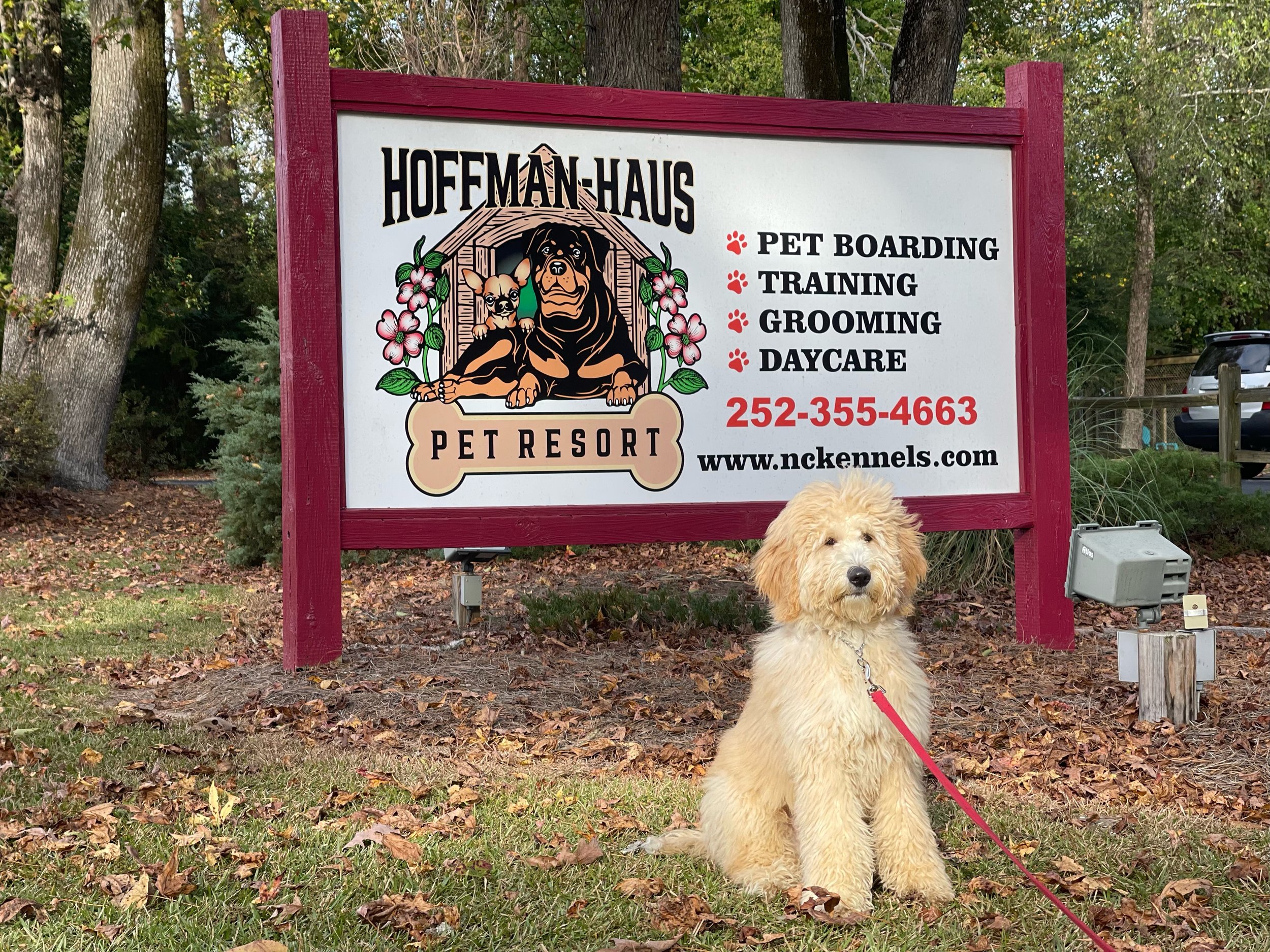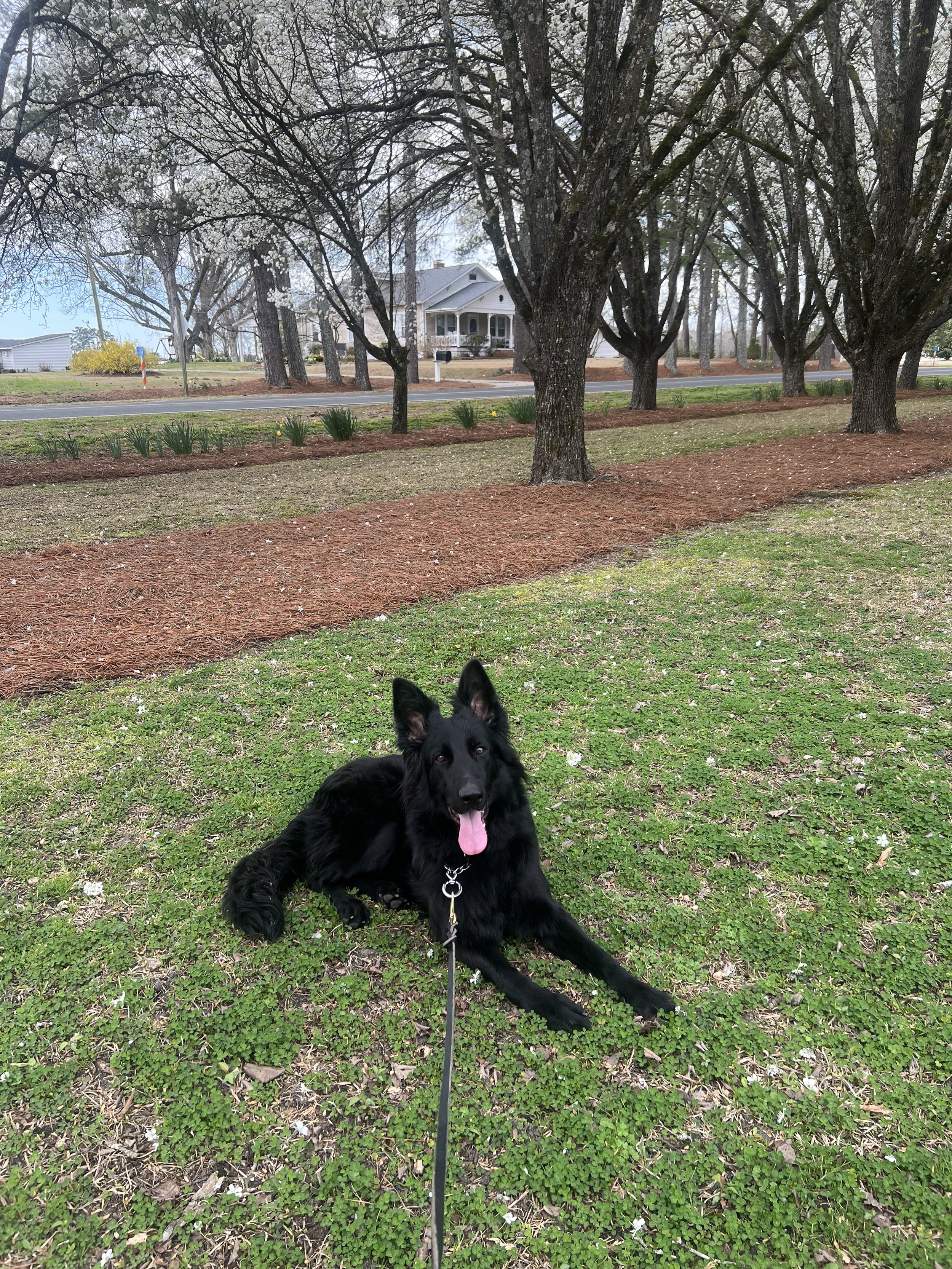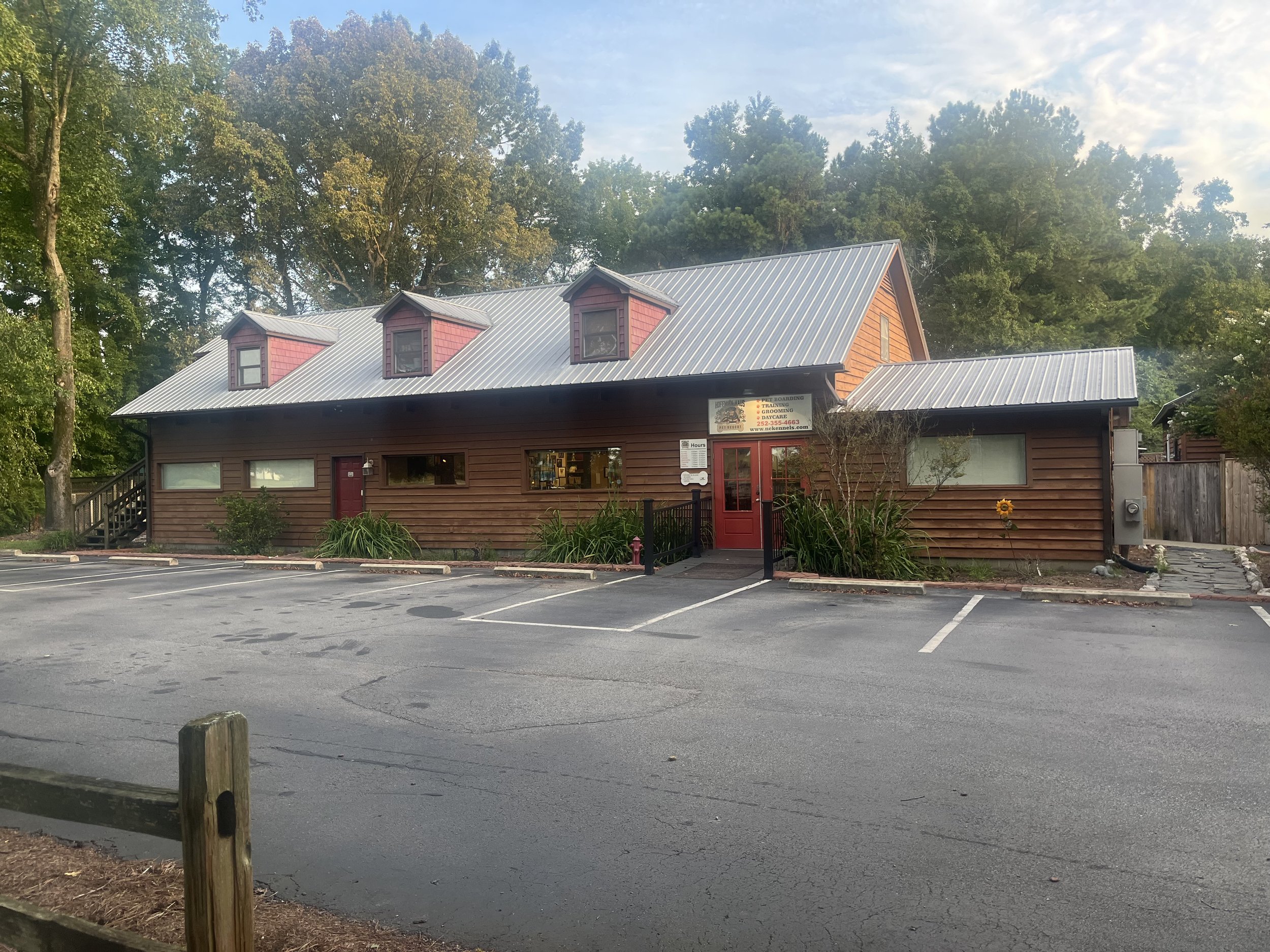
Kennel Cough
A natural part of a dog's life. When it comes to kennel cough we would like to remind our clients
that the situation is very similar to children going to school. Imagine sending your child to school
and another student coughs which makes them catch a cold. Despite the schools efforts to
sanitize classrooms and encourage hygiene, colds are still unavoidable. You wouldn’t expect
the school to pay for the doctor's bill for your child right? The same would apply to dog
boarding facilities.
————
We believe in full transparency, while we work hard to reduce the risk of kennel cough, we
do not cover vet bills for cases of kennel cough. This is because it is a natural occurrence in
environments where dogs often visit.
Kennel cough, also known as canine infectious tracheobronchitis, is a highly contagious
respiratory disease in dogs. It is similar to the common cold in humans and is most commonly
spread in areas where dogs are in close contact with each other however it is an airborne illness
which means your dog can contract it in places like, kennels, dog parks, veterinarian
clinics, backyards, and even walking down the street.
Causes:
Kennel cough is caused by a combination of viruses and bacteria. The most common culprits
include:
● Bordetella bronchiseptica (a bacterium)
● Canine parainfluenza virus
● Canine adenovirus type 2
These pathogens attack the lining of the dog’s respiratory tract, leading to inflammation and the
characteristic symptoms of the illness.
Symptoms:
The main symptom of kennel cough is a persistent, dry, hacking cough that can sound like a honk. Other signs may include:
● Sneezing
● Nasal discharge
● Lethargy
● Mild fever
● Loss of appetite
In most cases, dogs remain active and alert despite the cough. However, the illness can be more serious in puppies, senior dogs, or those with weakened immune systems.
Transmission:
Kennel cough spreads through:
● Airborne droplets from coughing and sneezing
● Direct contact
● Contaminated surfaces
It has an incubation period of 2 to 10 days, meaning symptoms can appear a few days after
exposure.
Diagnosis and Treatment:
Veterinarians typically diagnose kennel cough based on clinical signs and the dog’s history. In
mild cases, treatment may not be necessary, and the illness will resolve on its own within
1 to 2 weeks.
For more severe cases, treatment might include:
● Cough suppressants
● Anti-inflammatory medications
● Antibiotics (if a bacterial infection is suspected)
It is important to keep your dog isolated from other pets during recovery to prevent spreading
the infection.
Prevention:
Preventative measures include:
● Vaccination: Bordetella and parainfluenza vaccines are available and often required for dogs entering boarding facilities or daycare.
● Ventilation: Circulating and refreshing air can help discard of the virus in areas
● Disinfectant: Regular cleaning and disinfecting of kennels and dog-related equipment
● Fogging: Fogging refers to treating the air with a spray cleanser. Regular air treatment can diminish the virus
● Monitoring Guest Health: When symptoms arise owners are made aware immediately
While these measures do not guarantee full protection, it significantly reduces the severity and risk of infection.
Kennel cough is a common but generally mild respiratory illness in dogs. Most pets recover
quickly with minimal intervention, but preventative care and early treatment can help
reduce the impact and prevent complications. If your dog develops a persistent cough, it’s
best to consult your veterinarian for proper diagnosis and care.
At Hoffman Haus Pet Resort we take pride in maintaining one of the cleanest and most
sanitary boarding facilities in North Carolina. We follow the strictest cleaning and disinfection
protocols to keep our environment as germ free as possible. We disinfect daily with pet safe
products that are proven to kill bacteria and viruses on contact. However despite our best efforts
and highest cleaning standards, no amount of disinfection can fully prevent the spread of
kennel cough as the illness is airborne which means it can still transfer throughout the
air even in the most sanitary of environments.
The same as how humans can catch a cold
despite washing their hands and avoiding germs. Dogs can contract kennel cough when the
bacteria or virus is floating in the air. At Hoffman Haus we understand that kennel cough can
be a concern for dog owners but we also believe it is important to set realistic
expectations. While we take every precaution possible, the risk of kennel cough is unavoidable
in any place where dogs gather.

